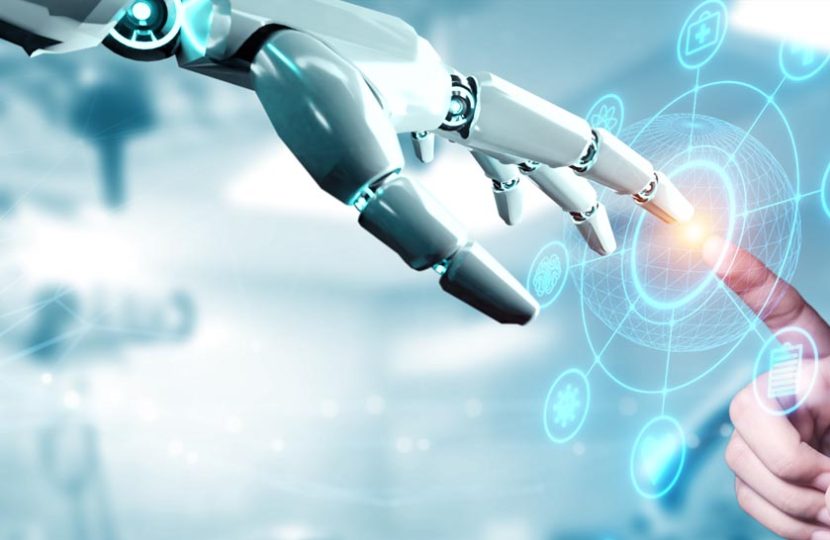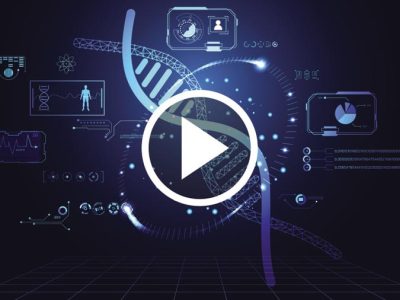In cardiac care, artificial intelligence (AI) is reshaping the landscape, shifting treatment from reactive to proactive. This technology is more than an addition to a cardiologist’s toolkit; it’s redefining heart care as a whole. AI examines subtle details within the body, identifying hidden risks, providing predictive insights, and supporting doctors in designing personalized treatment plans tailored to each patient’s needs.
AI and the EKG – Reading Between the Lines
For years, the electrocardiogram (EKG) has been a basic tool for monitoring heart rhythm and electrical activity. While doctors can assess a lot from an EKG, it’s limited by what the human eye can see. AI, however, goes much further.
- Pattern Recognition:
Through machine learning, AI analyzes millions of EKGs, identifying tiny, often invisible patterns linked to specific heart issues. These patterns are minute changes that even the most trained eyes miss but AI picks up with accuracy.
- Predictive Power:
An AI-powered EKG doesn’t just analyze your current heart rhythm. It predicts potential risks, like arrhythmias or sudden cardiac events. The technology studies trends and forecasts issues that might emerge, sometimes years ahead.
- Accuracy and Early Detection:
This predictive ability isn’t just a theory; it’s a reality. Studies show AI can detect issues at a 90+% accuracy rate, giving doctors crucial early insights and offering patients a chance to make changes before problems escalate.
Instead of merely reacting to symptoms, doctors can now use AI insights to address cardiac risks in advance, turning heart care into a proactive process.
Biological Age – The Real Age of Your Heart
AI doesn’t just analyze the state of your heart today—it reveals its biological age, a marker of its true health. Biological age isn’t about the years on a calendar. It’s a measure of how well your body and heart are functioning. Here’s how it works:
- Heart Age vs. Chronological Age:
A 45-year-old might have the biological heart age of a 60-year-old, or even the heart of a 30-year-old. AI tools can interpret biomarker data, analyzing variables like blood pressure, cholesterol levels, and other signs of heart health.
- Targeted Interventions:
Knowing the biological age of a patient’s heart allows doctors to recommend specific interventions. For those with an “older” heart, lifestyle modifications, medications, or preventive steps might be advised. For those with a “younger” heart age, the approach can be less aggressive.
By pinpointing biological age, AI offers a more nuanced way to measure heart health, letting patients and doctors focus on strategies that may extend and improve quality of life.
Inside Your Arteries – AI in Plaque Detection
AI is also making strides in cardiac imaging, particularly in detecting plaque within coronary arteries. This isn’t your ordinary imaging; it’s about examining every detail with precision.
AI-enhanced imaging can distinguish between “inflamed” and “non-inflamed” plaque. The inflamed plaque is the more dangerous type—more likely to rupture and cause a heart attack. This level of detail allows cardiologists to prioritize which plaques need immediate attention and which are less risky.
Personalized Prevention – Custom Care Plans Powered by AI
The AI revolution in cardiology doesn’t just stop at better detection. It’s about offering patients care that’s customized to their unique heart health. This level of precision helps doctors move from standard, one-size-fits-all treatments to highly individualized plans based on each patient’s specific needs and risks.
The Future of Heart Health
AI’s role in cardiology is still expanding, with advancements emerging every year. Dr. Giovanni Campanile believes this technology represents one of the most significant shifts in cardiac care. The use of AI-assisted imaging, predictive EKGs, and biological age assessment is transforming patient care and opening up new possibilities.
It’s the dawn of a new era in heart care, where technology and medicine come together in ways that were once unthinkable.


